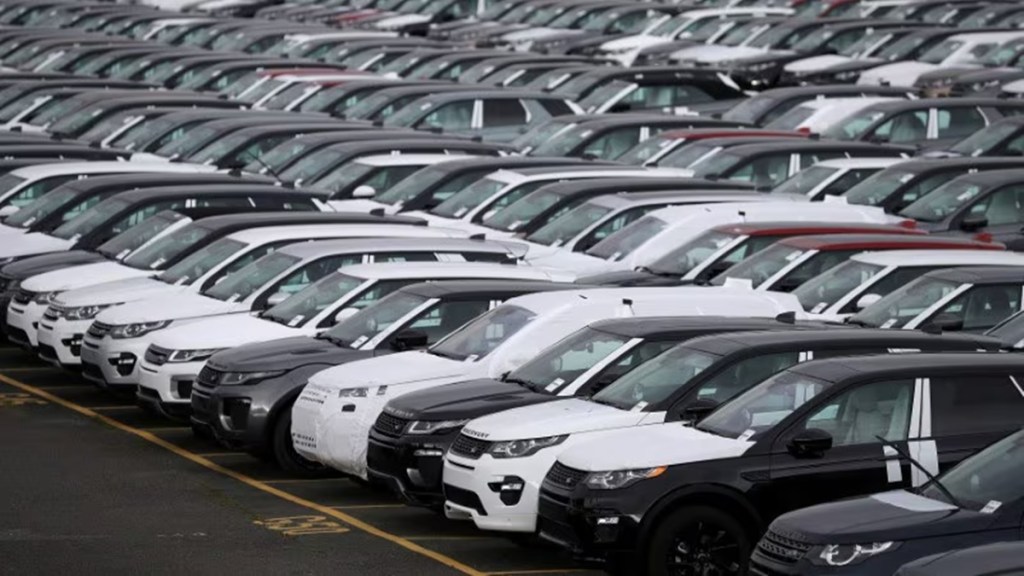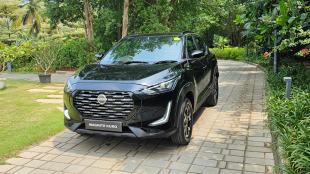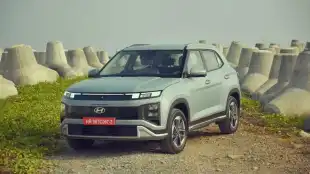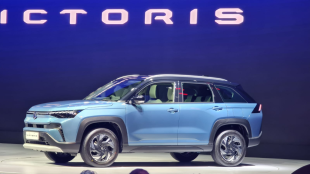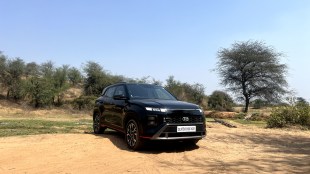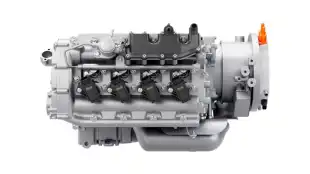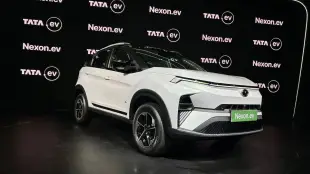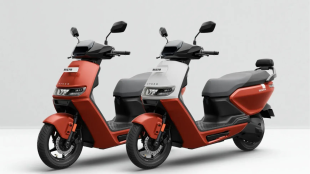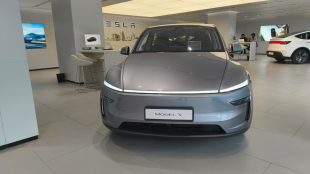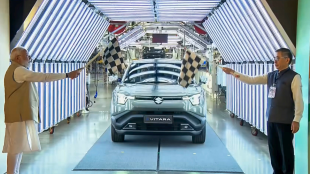With the US reciprocal tariffs kicking off on April 2, the domestic automotive industry is opening up to zero duty but is insisting on a staggered approach to ease the impact of heightened competition.
The industry has urged the Society of Indian Automobile Manufacturers (SIAM) and Automotive Component Manufacturers Association (ACMA) to draft a phased duty reduction proposal, which safeguards local interest while aligning with global trade norms.
“It is clear that tariffs will go away, but it will be helpful if they are phased out gradually rather than in one sudden strike. We have asked industry bodies to push for this approach,” said an automotive component manufacturer, requesting anonymity.
A FE query sent to SIAM and ACMA remained unanswered at the time of going to the press.
However, a source working with one of the industry bodies said that a proposal is being drafted. “Multiple proposals will be sent to the government, including this one,” the source added.
The tariff reduction is expected to hit domestic auto component industry harder than car manufacturers, given that India’s trade in fully-built vehicles with the US is minimal.
According to ACMA data, India exported auto components worth $21.2 billion in FY24, with nearly 32% (around $6.79 billion) shipped to North America — primarily the US. Meanwhile, out of $20.9 billion in auto component imports, about 8% (or $1.63 billion) originated from the region, which includes 23 countries, with the US, Canada and Mexico as the key markets.
“We are open to a free market, but we want the government to provide some safeguards. If push comes to shove, we will be ready for the competition,” said another industry player.
In FY24, India’s vehicle exports — including tractors, cars and other built vehicles — to the US reached $2.5 billion, compared to imports of $0.59 billion, according to Primus Partners data.
While import duties on auto components in India generally range from 5-15%, tariffs are as high as 110% on automobiles, which was a central point of criticism in US President Donald Trump’s speech.
Last week, Trump stated that India had agreed to reduce duties on American imports. Reciprocal tariffs are a part of his broader strategy to counter what he calls imbalanced trade practices.
The US has already imposed a 25% tariff on imports from Mexico and Canada, two countries that contribute significantly to its trade deficit.
To overcome the tariff challenge and preserve their business interest in the US, Indian automotive component makers are also considering either setting up manufacturing units there or expanding their existing facilities to bypass the reciprocal tariff.
